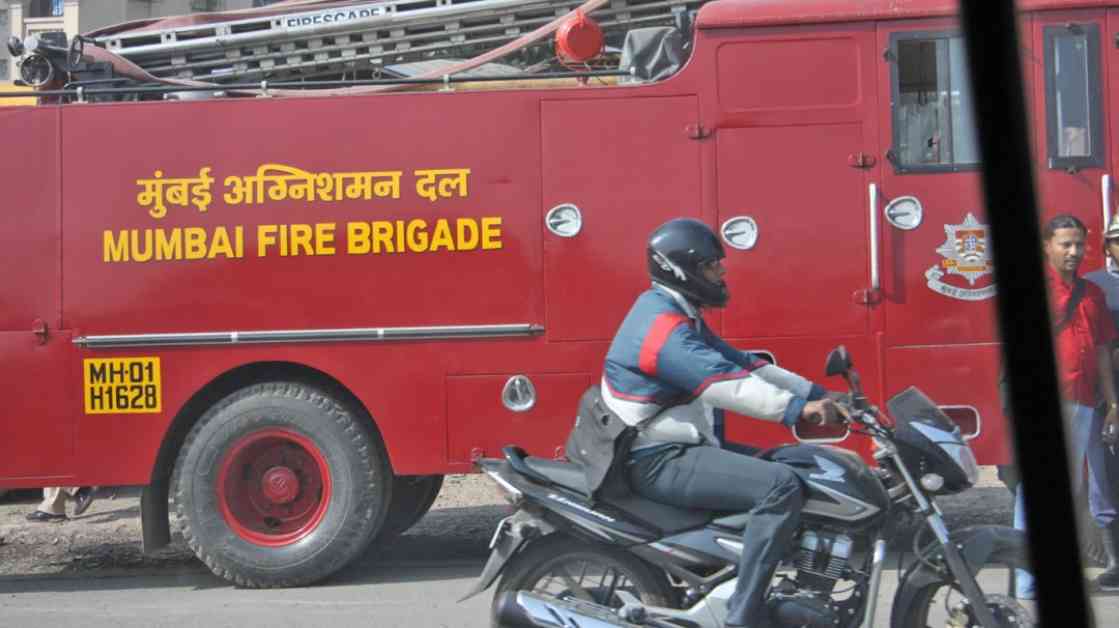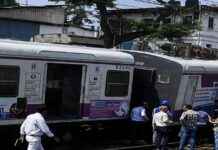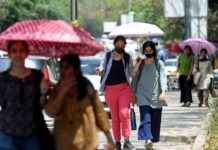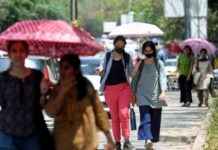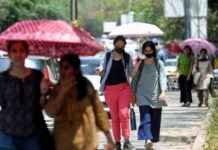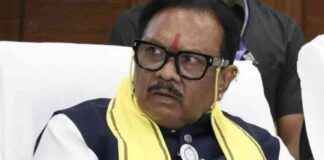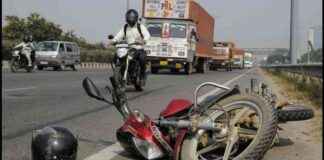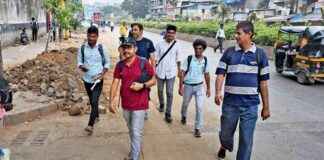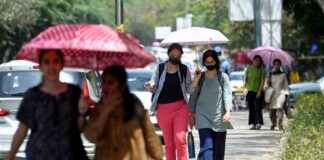Mumbai is set to undergo significant infrastructure upgrades, with the Brihanmumbai Municipal Corporation (BMC) Commissioner Bhushan Gagrani announcing plans for the development of five new fire stations in suburban areas. During his Independence Day speech on Thursday, August 15, Gagrani shared updates on various city projects, highlighting the importance of enhancing emergency response capabilities and improving civic amenities.
New Fire Stations to Enhance Safety
The addition of five new fire stations in Mumbai’s suburban areas marks a crucial step towards bolstering the city’s firefighting capabilities. Two fire stations, located at Thakur Village in Kandivali (East) and LBS Road in Kanjurmarg West, are already under construction, with plans for three more stations in the pipeline. These upcoming fire stations will be strategically positioned at Juhu Tara Road in Santacruz West, Mahul Road in Chembur, and Tilak Nagar to ensure comprehensive coverage across the city.
In addition to the establishment of new fire stations, the Mumbai Fire Brigade is set to receive a 40-meter-tall turntable ladder, aimed at enhancing the efficiency of emergency response operations. With a focus on improving response times and ensuring swift intervention during fire incidents, these initiatives underscore the BMC’s commitment to safeguarding the lives and property of Mumbai residents.
Chief Minister Clean Mumbai Helpline Success
Highlighting the success of the ‘Chief Minister Clean Mumbai’ helpline, Gagrani revealed that the initiative has received a substantial number of complaints, totaling 16,617 over the past year. Impressively, nearly 98% of these complaints have been promptly addressed, reflecting the effectiveness of the helpline in addressing civic issues and maintaining cleanliness across the city. The helpline has emerged as a valuable tool for residents to report sanitation-related concerns and contribute to the overall cleanliness of Mumbai.
Upgrading Sewerage Treatment Plants for Sustainability
The ongoing modernization of Mumbai’s sewerage treatment plants (STPs) underscores the city’s commitment to sustainable waste management practices. With upgrades planned for seven STPs located in Worli, Bandra, Dharavi, Versova, Malad, Ghatkopar, and Bhandup, the BMC aims to enhance sewage treatment capacity and promote recycling initiatives. These plants, with a daily capacity of 2,464 million liters, are being upgraded to facilitate sewage treatment in three stages, enabling efficient reuse of treated water for various purposes.
As part of these efforts, a new water treatment facility is slated for development at the Bhandup complex, with an estimated cost of INR 2,000 crore. This state-of-the-art facility will replace the existing plant, constructed in 1979, which currently holds the title of being the largest in Asia. The new plant is designed to process 2,000 million liters of water per day, significantly augmenting Mumbai’s water treatment capacity and ensuring sustainable water management practices for the future.
The comprehensive upgrades to Mumbai’s sewerage treatment infrastructure signify a proactive approach towards addressing environmental challenges and enhancing the city’s resilience in managing wastewater effectively.
Coastal Road Project and Urban Development Initiatives
The ambitious coastal road project, spanning 10.58 kilometers from the Princess Street Flyover at Marine Drive to the Worli end of the Bandra Worli Sea Link, is nearing completion, with a projected finish date of December this year. The phased opening of different sections of the road has been well-received, with the latest section becoming operational on July 11, contributing to improved connectivity and traffic management along Mumbai’s coastal stretch.
Furthermore, the BMC’s focus on enhancing urban green spaces is evident through the development of seventy hectares of open spaces parallel to the Coastal Road. By engaging consultants and inviting bids for the development work, the BMC is making strides towards creating sustainable and accessible recreational areas for residents. Additionally, the transformation of a 48-hectare portion of the Mahalaxmi Race Course into a central park underscores the city’s commitment to enhancing public spaces and promoting a greener urban environment.
Architects being appointed for the central park project signify a thoughtful approach towards urban planning and design, aiming to create vibrant and inclusive spaces for Mumbai’s residents to enjoy.
In conclusion, Mumbai’s infrastructure upgrades and development projects reflect a proactive stance towards addressing the city’s evolving needs and enhancing the quality of life for its residents. With a focus on safety, sustainability, and urban development, these initiatives underscore the BMC’s commitment to building a resilient and vibrant metropolis for the future.
